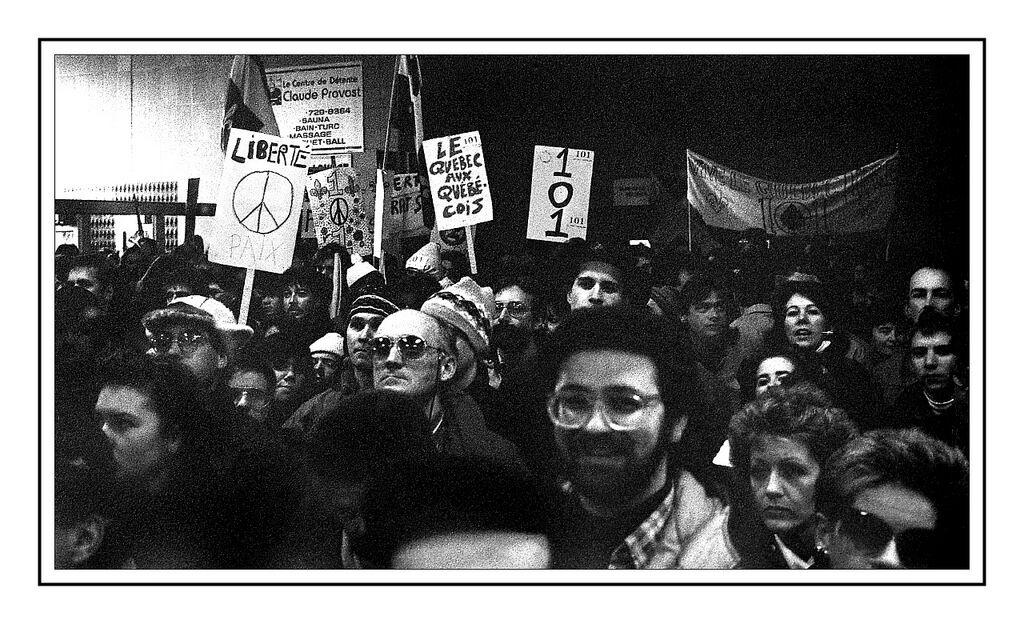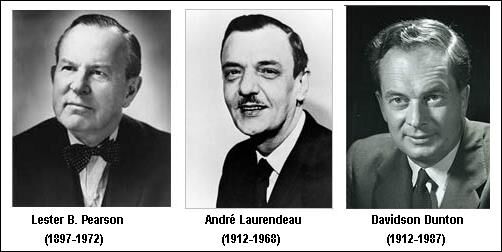The Lesage Government founded the Office de la langue française early on in its mandate. The aim was to promote the French language in Quebec and limit the spread of the English language. Several laws were adopted after the organization was founded.
In 1969, Bill 63 was introduced to protect the French language in Quebec. It made the use of French in the workplace a right. Five years later, Bill 22 made French the official language of Quebec.
Shortly afterwards, the Charter of the French Language was adopted. Also known as Bill 101, it strengthened existing laws on the language’s status. Since its adoption in 1977, Bill 101 has played an important role in the recognition and protection of French in the province.

The difficulties associated with protecting the French language and merging French-Canadian and English-Canadian culture in Canada led the federal government to conduct a major investigation.
In 1963, Prime Minister Lester Bowles Pearson tasked intellectuals André Laurendeau and Davidson Dunton with investigating bilingualism and biculturalism. This Royal Commission, also known as the Laurendeau-Dunton Commission, produced a six-volume report of recommendations, outlining measures that would ensure equality between Anglophones and Francophones.

The recommendations from this investigation had many positive impacts for Francophones in Canada. The federal government was asked to recognize English and French as Canada’s two official languages rather than just English. The report also criticized the under-representation of Francophones in business and government positions across the country. Finally, it highlighted the fact that Québécois were often underappreciated and received lower wages in the labour market.
Many of these recommendations were adopted by the federal government, which improved some of the aspects of the lives of Francophones in Canada, and fuelled the Quiet Revolution in Quebec.